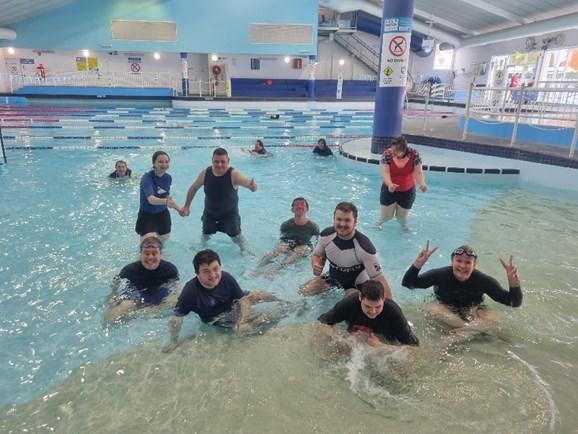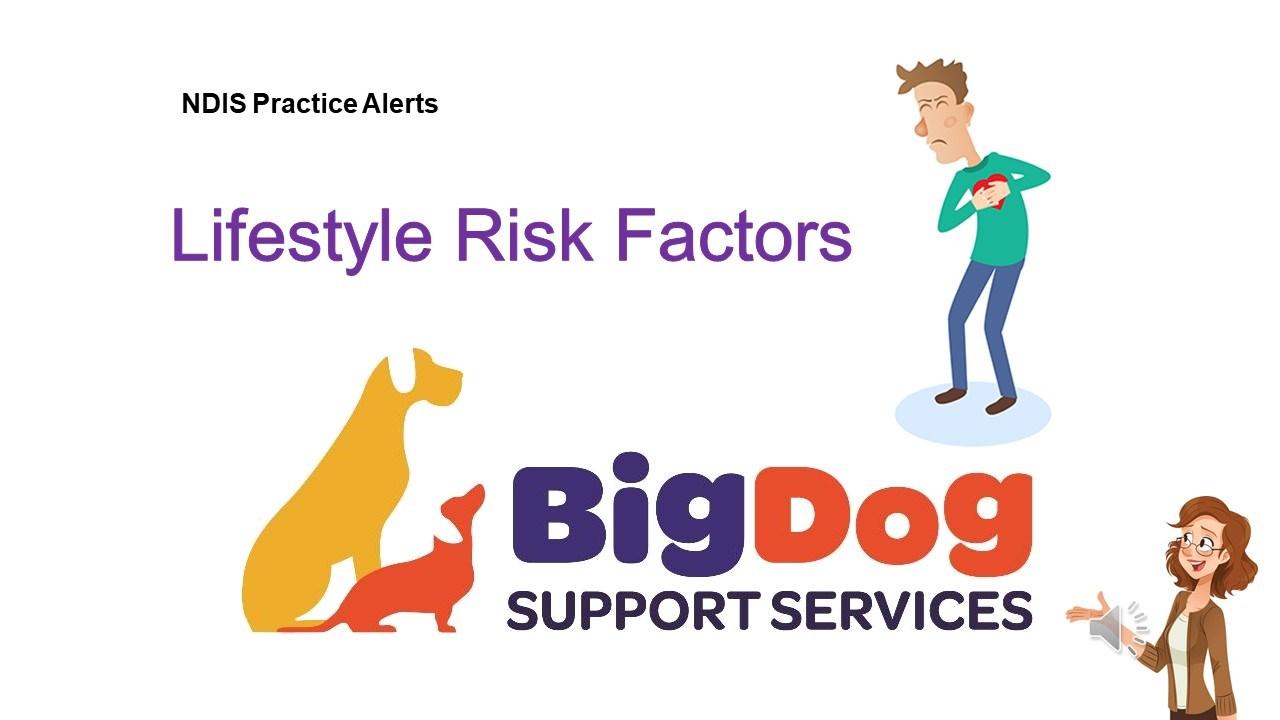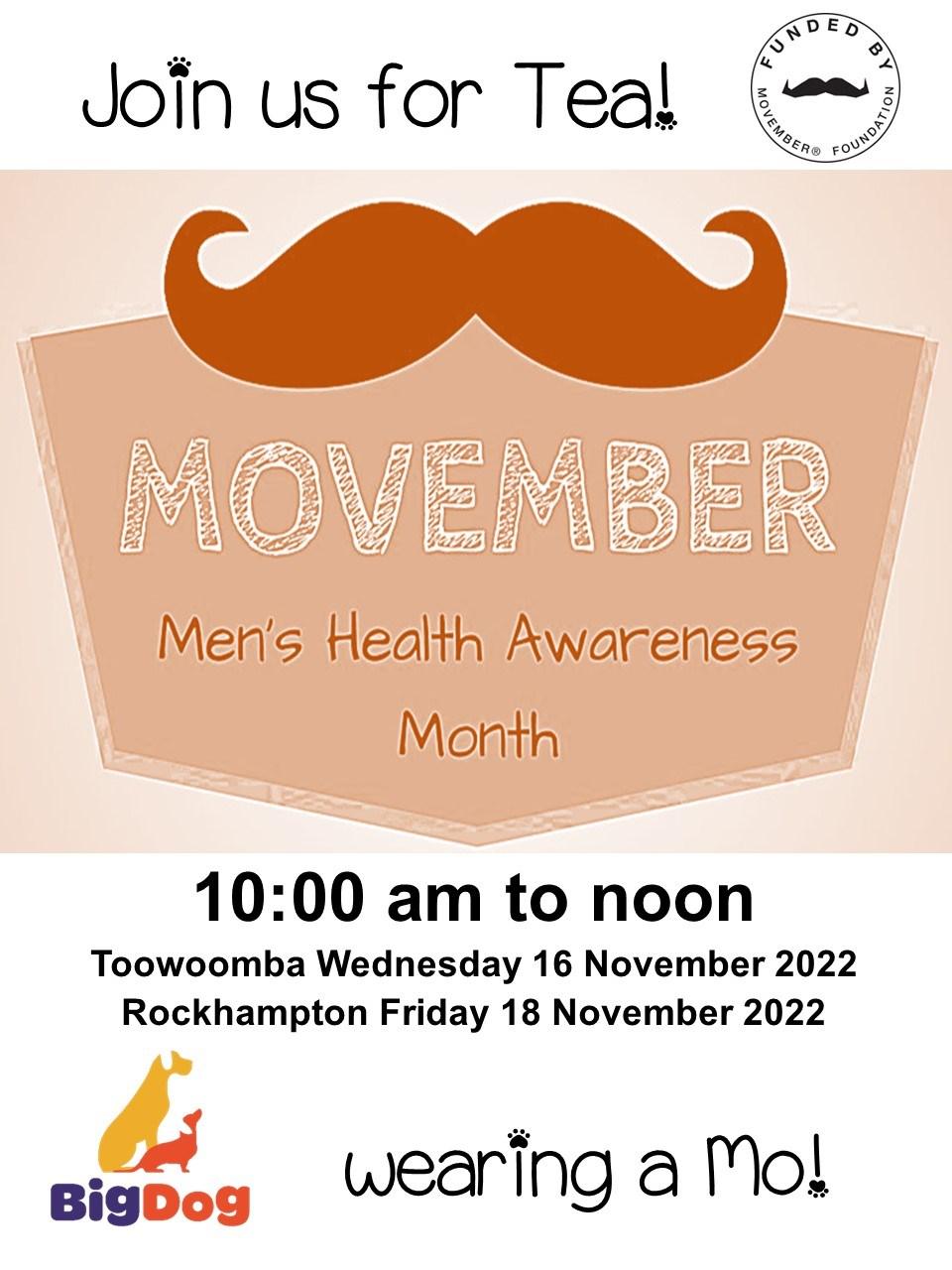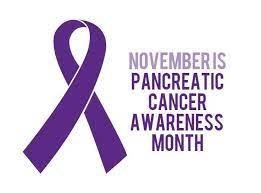






 Australia New Zealand Ireland Papua New Guinea Fiji Italy Scotland France England
Australia New Zealand Ireland Papua New Guinea Fiji Italy Scotland France England
As a wheelchair user and disability advocate Alyce says she’s experienced a lot of accessibility issues in her life but this one left her speechless. Her photo ID taken at the Department of Transport didn’t exactly meet her expectations.

“The camera to take a photo is actually at a fixed height on the bench and so when I went to have my photo taken it just wouldn’t fit my whole face.”
Alyce says staff suggested lifting her electric wheelchair which weigh close to 100 kilos. But when that wasn’t possible, Alyce says they took a dodgy shot showing only half her face.
“She said that it wasn’t a great shot, but she and her supervisor would have a look and sign it off.”
“At no point was I told that part of my head was missing. I experienced that kind of just benign ableism every day, but you would think for a government department and a frontline service that it should be all accessible.”
Alyce is calling for the department to scrap all fixed cameras in all branches to be more inclusive for people with a disability. The Department of Transport and Main Roads (TMR) has since apologised to Alyce and says it will continue to improve processes to ensure that it doesn’t happen again. Despite everything Alyce still found a way to make light of the photobomb.
“My friend made it into a meme and so everybody’s had a little giggle at that.”
BigDog Newsletter Privacy Notice: Please note that as a

news and
relevant to this organisation, your email
or
only be used for the purpose for which you gave it to us and will not be
any other person, body or agency except where you have provided your consent or it is required or
by law.

Jake Colovatti and Radean Robinson look after autistic children and disabled adults in their day jobs
Eels and some you can have a conversation with. When I get back I will be able to chat with a couple about it. But most of the ones I’m working with at the moment wouldn’t understand. They use these ‘talkers’ where they press on our photos and it says our names.
By Gavin Willacy for No Helmets RequiredWhen he’s not representing his country in a World Cup match 10,500 miles away, Italy forward Jake Colovatti splits his days between training with NRL club Parramatta Eels and helping young people. A teacher’s aid at Giants Steps, a school for autistic children and young adults in Gladesville in New South Wales, Colovatti is developing two very different career paths at the same time. And, since last Sunday, he can add international rugby league player to his CV as well.

Having first pulled on an Italy shirt in their pre tournament friendly with Lebanon in September, Colovatti was thrilled to make his Test debut when he came off the bench in the first half of Italy’s commanding 28 4 win over Scotland. Another victory over Fiji on the same pitch on Saturday will secure Italy a shock place in the quarter finals for the first time in their 72 year history.
“The kids will wonder where I am,” says the 22 -year-old. “Some of the kids know I play at the
I think a fair lot of them are requesting me: ‘Jack, Jack, Jack’!” Colovatti is not the only Italy player working in the care industry. Radean Robinson, the slender Central Queensland Capras half back who toyed with Scotland last Sunday, has been a support worker with disabled adults at BigDog (Support Services) in Rockhampton for the past two years. “They took me on board and really balanced me out with my work and footy life. I get a group of people with disabilities and take them out and about, learning life skills. I love it. Just helping people really satisfies me. I think I can do it as a career or maybe help a community on a wider scale.”
Robinson was an even later call up to the squad, only getting the nod when Cooper Johns withdrew. The 24 year old, whose maternal grandfather hails from Treviso, jumped at the chance. “It’s been incredible,” he says. “I only knew a week before we flew over: I got the call and it all manifested out. My work were pretty understanding.”
Media Release 18 October 2022
The Albanese Government has today launched an Independent Review into the NDIS to improve the wellbeing of Australians with disability and ensure the Scheme’s sustainability so that future generations receive the benefit of the NDIS.
The NDIS Review delivers on Labor’s election commitment to review NDIS design, operation and sustainability to get the NDIS back on track. The NDIS Review will strengthen the NDIS and ensure the Scheme is working effectively to deliver services and supports to people with disability.
The Independent Review Panel comprises of Co-Chairs Professor Bruce Bonyhady AM and Ms Lisa Paul AO PSM and Panel Members Mr Kevin Cocks AM, Ms Judy Brewer AO, Dr Stephen King, Mr Dougie Herd and Ms Kirsten Deane OAM.
Part 1 of the NDIS Review, which will be led by Dr Bruce Bonyhady AM, will examine the design, operation and sustainability of the Scheme.
Part 2 of the NDIS Review, which will be led by Ms Lisa Paul AO, will analyse ways to build a more responsive, supportive, and sustainable market and workforce.
“The NDIS Review will help us make the NDIS a world class scheme to improve outcomes for people with a permanent and significant disability so they can live an ordinary life,” Minister Shorten said.
“The Review will also reduce the needless
waste happening in the NDIS to ensure it is a world leading Scheme changing the lives of people with disability.
“Labor’s NDIS Review will restore the Australian community’s trust and confidence in this critically important scheme. We will take into account what people already said even if it was not acted on previously.”
“It will apply best-practice policy design that supports people with disability through genuine engagement and co-design with people with a lived experience. We will bring people into the tent.
“The NDIS Review will examine the market and workforce opportunities to break down barriers that prevent people with disability from achieving their life goals and participating in social and economic life.”
A final Report, including opportunities for reform, will be delivered by the Independent Review Panel to Disability Reform Ministers by no later than the end of October 2023. However as consensus emerges around reforms, changes may be enacted well before the final Report.
Minister Shorten emphasised the review will be guided by Australia’s commitments under the United Nations Convention on the Rights, Australia's Disability Strategy 2021 31 and the National Agreement on Closing the Gap.
“We want a Scheme that is sustainable and efficient while delivering for people with disability,” he said
The Albanese government’s first federal budget, handed down on 26th October, included some big funding announcements for the NDIS and services for people with disability. You might have seen the news stories rolling in since budget night, wringing their hands about a 'cost blowout' and the NDIS costing 'hundreds of billions' over a decade. Quite frankly, this coverage is getting exhausting so let’s leave all the commentary to the side for the time being (though we can’t promise we won’t include an occasional snarky comment) and concentrate on the bare facts of what this budget promises for people with disability.
Budget forecast: the big numbers
In 2022 23, the NDIS is forecasted to cost $35.7bn, which is pretty much in line with the Liberal government’s forecast of $35.5bn in March. However, by 2025 26 the two governments forecasts differ quite drastically. In March, the previous government had predicted the NDIS would cost $45.9bn in the 2025-26 financial year. Whereas the current government is predicting it will cost $51.9bn, with the NDIS forecasted to grow by about 14% a year over the next decade.
NDIA operating expenses
The Budget promises $158.2m over 4 years for the NDIA to employ 380 additional full time equivalent workers. In addition, the Agency will receive an extra $385m for operating costs in 2023/24. The government’s factsheet says that future NDIA operating costs will be determined by the outcomes of the review into the NDIS that was announced last week.
Resolving AAT cases
The government also announced $12.4m to
trial the promised Independent Expert Review program, which is designed to be an alternative disputes resolution for cases before the Administrative Appeals Tribunal (AAT). This includes an extra $6.6m for advocacy and legal services helping participants navigate the program.
Disability advocacy
The Budget provides an additional $11.2m for Disability Representative Organisations. There is also an extra $21.2m to be provided over 3 years for individual advocacy support during NDIS appeals. This is separate to the $6.6m for advocacy and legal services for people engaging with the alternative disputes resolution process.
If I can’t pee there, I can’t be there
As promised at the last election, the government has committed $28.8m to build changing facilities for people with disability who cannot use the standard accessible toilets. If states and territories and local governments agree, these facilities will be built in the 400 Local Government Areas that don’t currently have one (though one per LGA seems like a low bar). The Commonwealth contribution is meant to cover a third of the total cost, with the rest of the money presumably from other levels of government.
National Autism Strategy
The government will also be spending $5.3m on the development of a National Autism Strategy. Details are pretty thin on the ground, but the Strategy will apparently aim to ensure there is a ‘coordinated national approach between all levels of government and service areas.’ It will draw on the consultation work that was done for the Australian Disability Strategy.
Business disABILITY Awards


October’s sold out gala awards dinner recognised social and workplace inclusion and attracted a record number of nominations and entries across ten award categories. The event was attended by 368 guests at the Wellcamp Airport Passenger Terminal, in Wellcamp who were joined by Master of Ceremonies (MC), Business disABILITY Awards committee member and event founder Kim Stokes.
The event’s top gong, the Judy Antonio Memorial Award, was awarded to Sharon Boyce, who is an educator and disability advocate. She wears many different hats and performs many different roles. She is the current chair of the Queensland Disability Advisory Council, a part time lecturer at the University of Southern Queensland (USQ), and a consultant in disability awareness, working across Queensland. Sharon is a champion for people living with a disability for further inclusion in the community.
Guests were entertained by Australian opera singer Tim McCallum and keynote speaker Tom Nash, who had both his legs and arms amputated at the age of 19, as a result of contracting the deadly Meningococcal Septicaemia. Tom spoke of his life experiences being a successful Australian DJ, business entrepreneur and his philosophies for life.
The Awards recognise people and businesses who are helping to create a more inclusive workplace and community for all abilities. Winners were announced in ten award categories including the Elissa Flanagan ‘Aim High’ Scholarship, named in honour of the young woman who was involved in a fatal road accident on her way home from the Awards event in 2015. Elissa’s family including her husband Rob Whitby and three children attended the event to present the scholarship to the winner.
ELISSA FLANAGAN ‘AIM HIGH’ SCHOLARSHIP (Sponsored by David Janetzki MP and Trevor Watts MP) Winner: Fraser Wiedman.





OUTSTANDING VOLUNTEER AWARD (Sponsored by Angie’s Domestic Duties) Winner: Nadia Brady.
BUSINESS ENGAGEMENT AWARD (Sponsored by McConachie Stedman) Winner: Vinita Saunders. Congratulations to all the award winners.
The Sins of our Fathers
Netball Australia has been saved from financial oblivion by the Victorian Government with Premier Dan Andrews committing the $15million in sponsorship money recently pulled from the sport by Gina Rinehart and Hancock Prospecting. Rinehart withdrew the funding after Indigenous player Donnell Wallam expressed concerns about wearing the Hancock Prospecting logo on her uniform for her debut international match against England.
Her worries stemmed from racist comments Rinehart's father Lang Hancock made in 1984 about sterilising some individuals by 'doping up' their water supply.
This has been a sorry state of affairs for all involved. Australian sport, the players, sponsors, supporters, the media and social commentators. Woke is broke.
I remember my grandfather saying things that we would today consider to be racist and cruel. Should I be judged by his comments? I didn’t live in his time, a time of a world at war, of death and destruction. His brother was a seaman on the HMAS Perth, sunk off Java Head by Japanese bombers. He survived the sinking, fought with the local guerilla fighters until he was captured, tortured and sent to Changi Prison in Singapore where he died. My Grandfather’s experiences shaped the man that he was.
Did I love him any less because of his beliefs, even if they contradict my own beliefs? No of course not. Should I have to apologise for his words? NO.
To
a copy of
in Disability magazine

to be a sponsor, please contact
via:
Steven Paull PresidentBlue Card Renewal
BigDog Portal Management
Steven, Leanne and Maree are the Nominated Portal Users and manage blue card records and obligations for BigDog. Users can see all information (including sensitive and confidential information) and undertake all actions within the portal once access is provided.









































